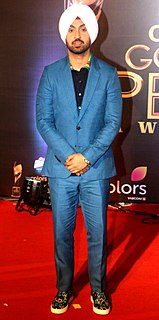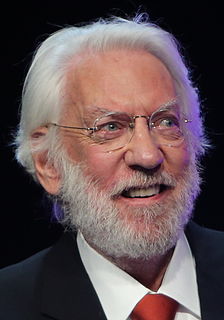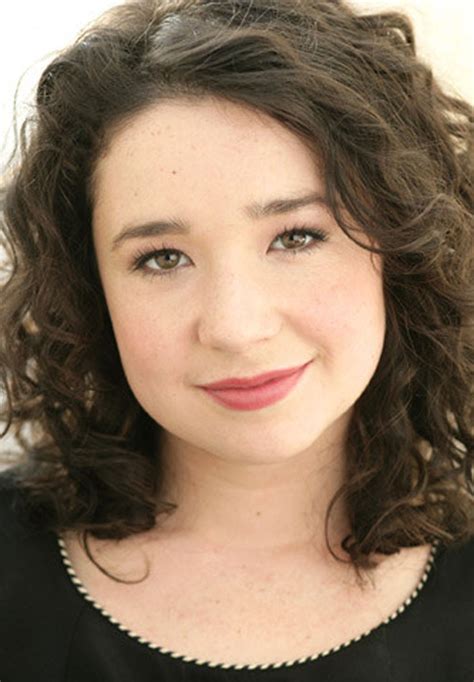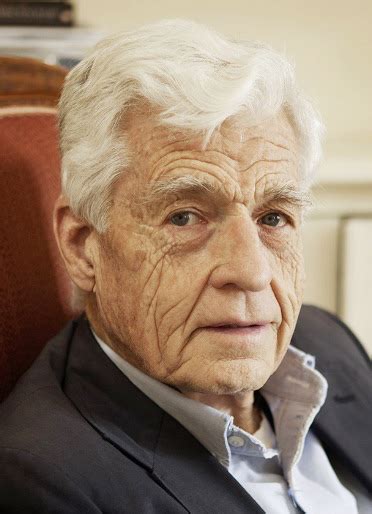A Quote by Diljit Dosanjh
Even during 'Udta Punjab,' I didn't say much until the film was out. I feel it's incorrect to talk about a film until everything falls into place.
Related Quotes
I thought, "Oh, my god, that's what happens every time I talk with a journalist in the middle of shooting and I talk about my character. I describe him, I objectify him, and I kill him." So, I've never spoken with a journalist in the middle of a film. I don't do the EPK until the very end of a film. I can't talk about Kiefer's process, but what he brings to the table is beautiful.
It used to annoy and frustrate me to have to come in and audition. I would say to my agents, 'Haven't they seen this film and this film and this film? They know what I look like... They must.' Until I directed an episode of 'Roswell.' And all of a sudden, I realized why that was such an important thing.
I think 'The Girl with the Dragon Tattoo' is a good example of a film where you have to juggle a whole lot of information to follow that story, and even if you haven't read the book, it seems to go pretty well. And that is a film where the characters didn't meet until 74 minutes into the film, not on page 17.
Did you see, after this horrific tragedy in Boston, that [Barack] Obama cannot utter the word 'terrorist.' It's not politically correct. He even called the Fort Hood murderer 'workplace violence.' Because it's politically incorrect to talk about 'jihad,' or to talk about 'terrorist,' or to talk about 'the war on terror.' He won't say those words, because they're politically incorrect.
So much of selling a film in the industry is about creating a fulcrum where all the pressure comes to bear, and something seems suddenly valuable and approved by an audience. It's amazing how people could pick up tons of films on the cheap, but they don't because they wait until everything is laid out for them.
Even if the film doesn't come out quite as you'd hoped, the process can also be very rewarding. I feel that way about a film called 'Lay the Favorite' that I made with Stephen Frears. I did that because the character was a real leap for me. The film doesn't quite all add up internally, but I feel very proud of what I did on it.
With The Exorcist we said what we wanted to say. Neither one of us view it as a horror film. We view it as a film about the mysteries of faith. It's easier for people to call it a horror film. Or a great horror film. Or the greatest horror film ever made. Whenever I see that, I feel a great distance from it.
I was interested in immigration and I wanted to use that in the film, not necessarily to talk about immigrants, although I wanted to do that, but to talk about ourselves through the eyes of an immigrant. The film takes place in the school and it tells us a little bit about who we are and where we're at, but through the eyes of someone who has a different background.



































